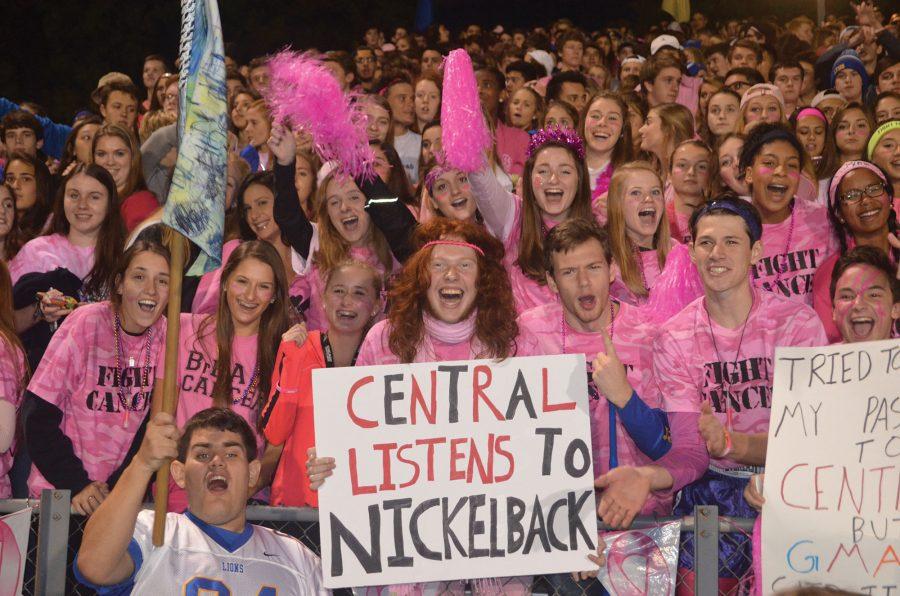October 27, 2016
Walking into Bennett Field Friday Oct. 7, students may have noticed some changes upon arrival. Due to recent alcohol abuse at school events, security at football games has increased. While it is not a new policy that students cannot bring in unsealed drinks, the emphasis on enforcing this rule has increased through the checking of bags, and throwing away any open drinks.
“We started enforcing the policy of not allowing kids to bring in outside beverages. It’s always been the policy but we were too lax in enforcing it.” Assistant Principal Kris Costopoulos said. “We had some issues at the first game that made us concerned for our students’ welfare. We decided to get back to enforcing the policy to help keep all students safe.”
The number of students suspended due to alcohol use in the first quarter of the 2016-17 school year has almost reached the total amount of alcohol related suspensions of the 2015-16 school year, according to the AP office. Last year, 14 students were suspended while in the first quarter of this year there has already been 12— two freshman, three sophomores, and seven seniors.
“If there is even one person using alcohol then I say it’s an issue,” Assistant Principal Adam Davis said. “That’s why we take it so seriously. We try to make sure we are present and available so kids see us as a deterrent to not make poor choices prior to coming to a game.”
LT administration has taken notice of this increase. In order to combat the issue of alcohol use, the administration brought attention to the suspensions in the first game. This resulted in the tightening of the rules and keeping policies and practices the same, Davis said.
“Our goal at football games and other special events is that kids have a great time and stay safe,” Principal Brain Waterman said. “That has always been our goal and will remain our goal.”
Students who are under the influence face an automatic 10-day suspension. While there are alternate suspension programs, such as attending a drug and alcohol program, the suspension is still recorded on a student’s internal LT record. While the infraction does not go on a student’s permanent record, high school records can affect their careers.
“We want students to know that making smart decisions is important,” Davis said. “High school students may not realize that their records stay with them. While it doesn’t necessarily follow them to college, it can impact them later on if a recruiter comes and asks for their high school record.”
Jobs that require checking of high school records include any kind of military position, law enforcement, government positions, such as the FBI, and legal professions.
“I’ve been an assistant principal for 10 years and I have had potential employers come to check on an LT graduate’s high school record.” Davis said. “This probably happens at least five to seven times a year .
Under-aged drinking is not a new problem, but different classes have their own personalities so the attitudes and decisions of students on alcohol varies, Costopoulos said.
“Anyone under the influence makes bad choices, especially kids because they don’t realize how alcohol affects them,” Costopoulos said “Students might think they’re fine but they’re not. Alcohol can make an already tense situation (like the Hinsdale game) dangerous and we’re just trying to protect our students.”
Any time LT staff notices that a student is under the influence, the police and the assistant principal would investigate that first from the perspective of the student’s safety, then supporting the student, and then the consequence, Waterman said.
“I think the most effective way to combat alcohol use is continual conversation and little events throughout the year that reinforce the dangers,” Waterman said. “It’s that cumulative effect of all the things that happen during a school year and the dialogue students and thier parents are having at home that teach the lesson.”
There are many activities and opportunities for students to participate in at LT which can help minimize the use of alcohol. Events like Operational Snowball, town hall meetings, Red Ribbon Week, and community service along with sophomore health units educate students and influence their behavior, Waterman said.
“Snowball definitely helps students learn about the dangers of drug and alcohol abuse as it provides students with information about how substances can affect their bodies rather than just telling them not to partake,” Student Co-Director of Operation Snowball Katie DeVries said. “ I think learning about what certain substances can do to students gives them a much different perspective about the stigmas surrounding usage of drugs and alcohol. Students can then apply this beneficial knowledge to their own lives.”
While ultimately only students can make their own decision to obtain from drug and alcohol use, school functions and education can help inform them of the consequences that may follow.
“We’re very fortunate that our behavioral data here is outstanding—we have great kids, you guys don’t make a lot of mistakes.” Waterman said. “Every now and then a student will make a mistake and we will certainty address it, but we’re fortunate to be in a position and in an environment where students make good choices almost 100 percent of the time.”



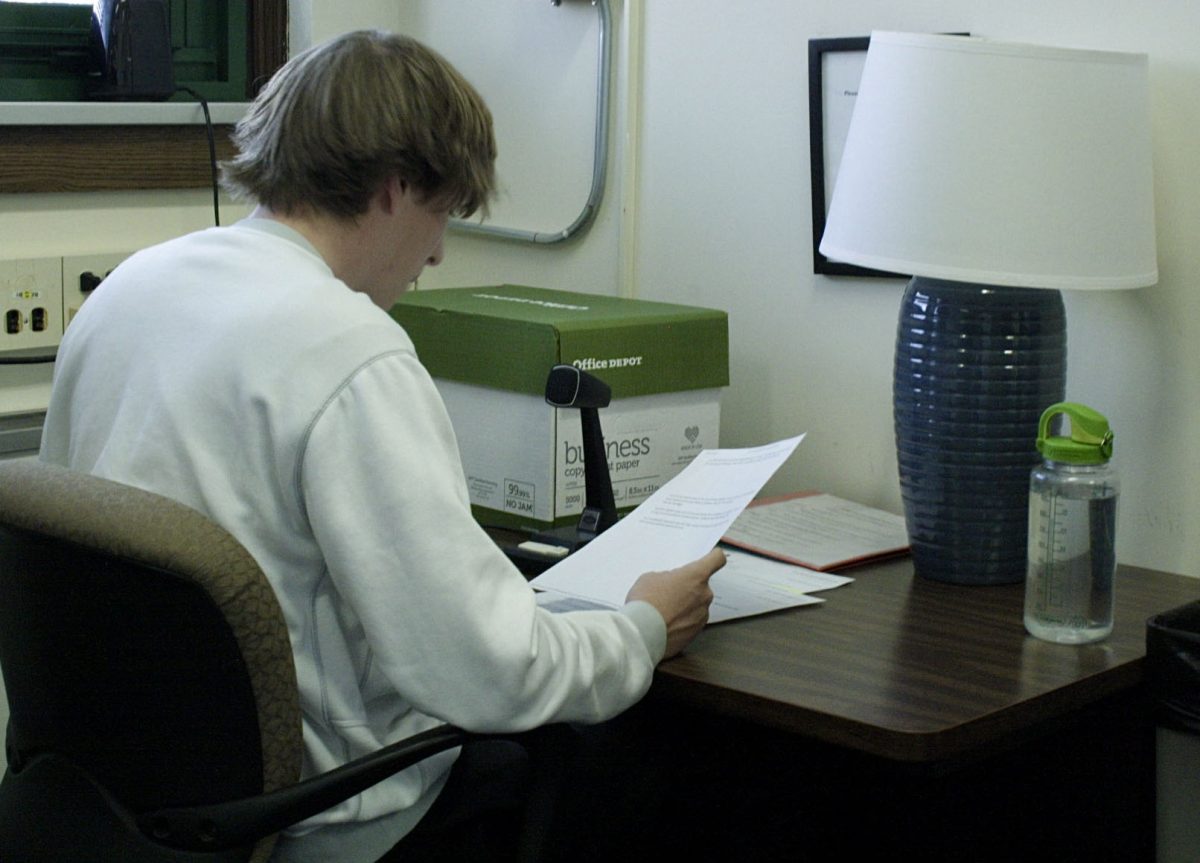


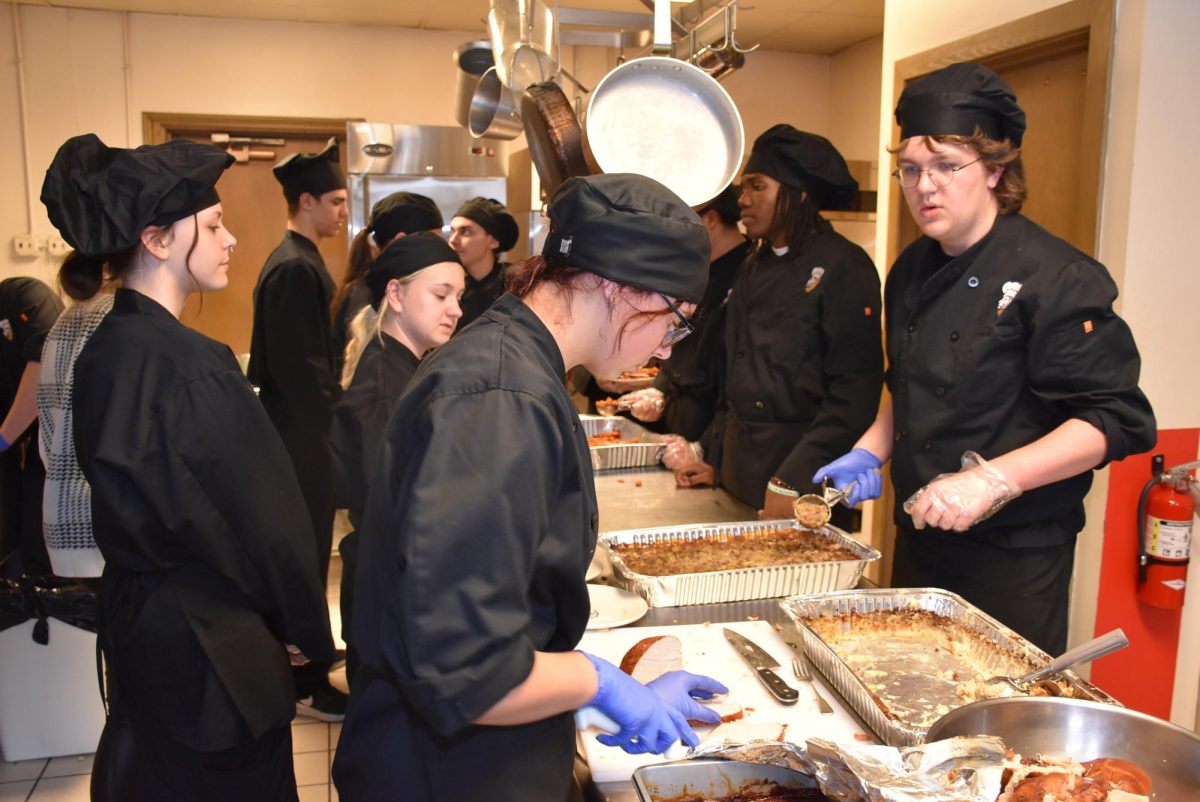

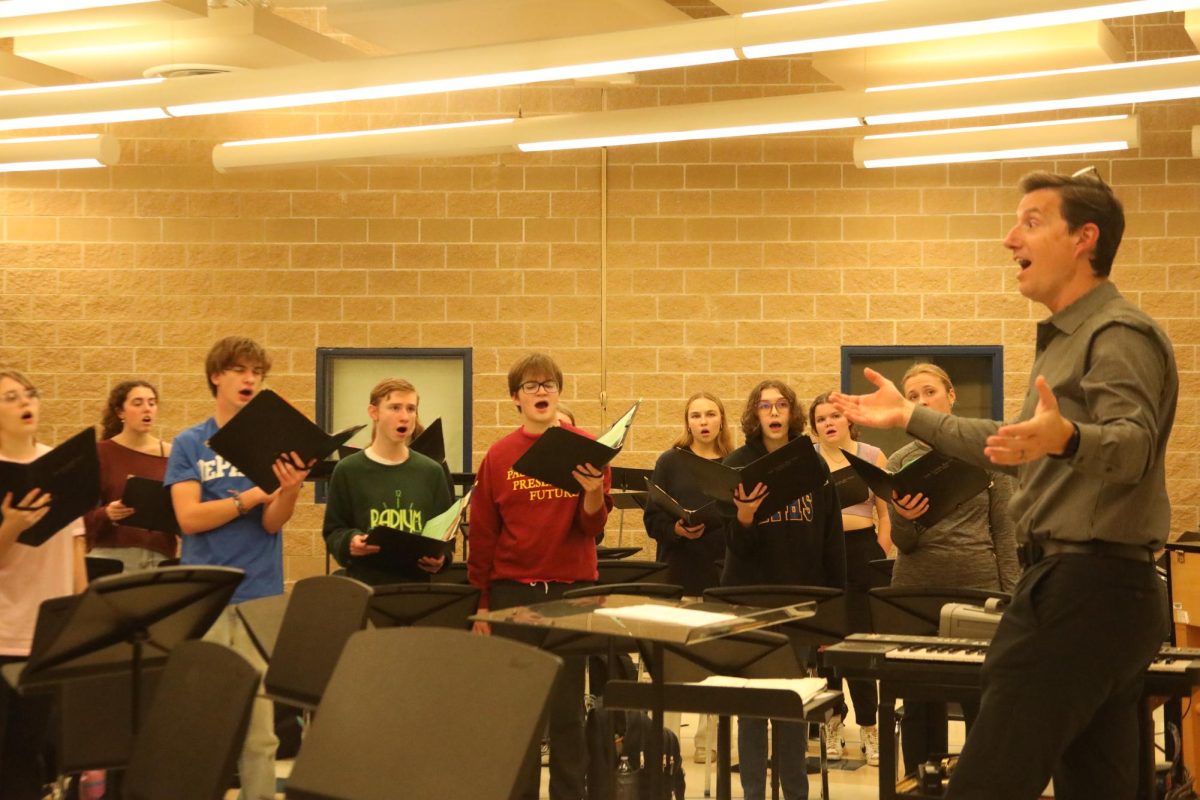

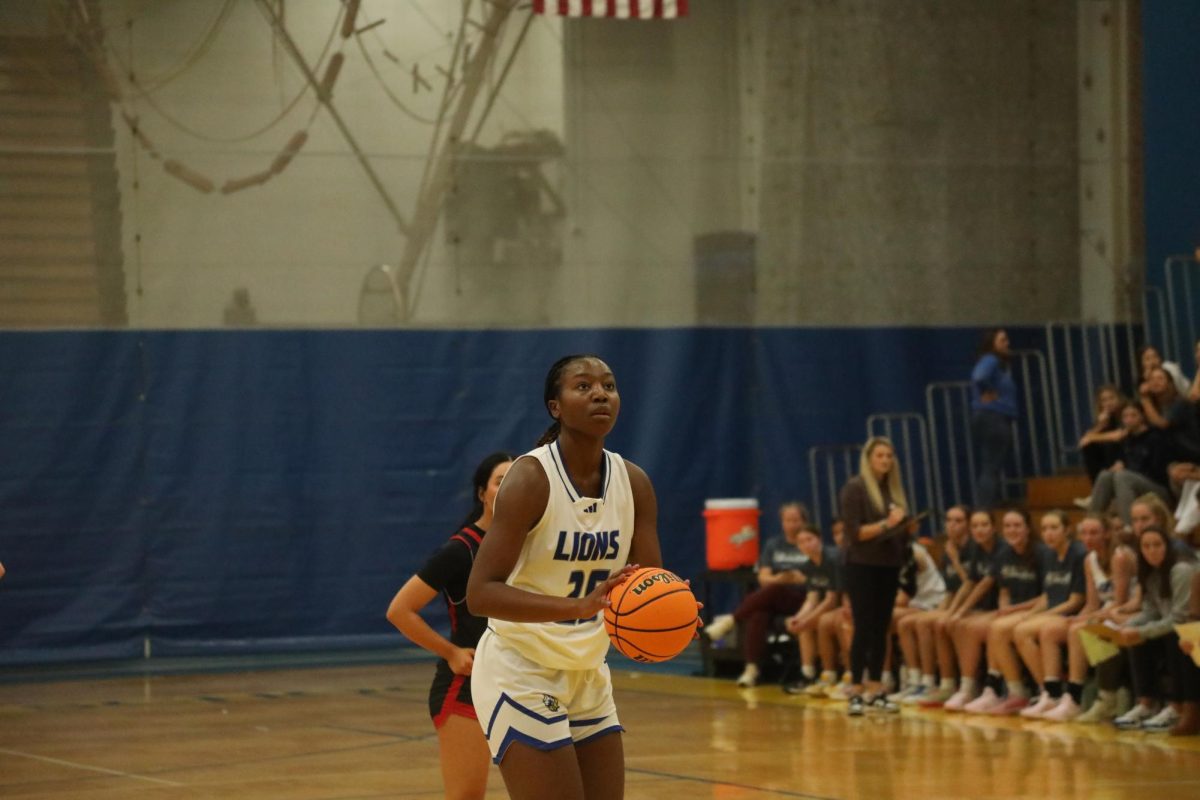
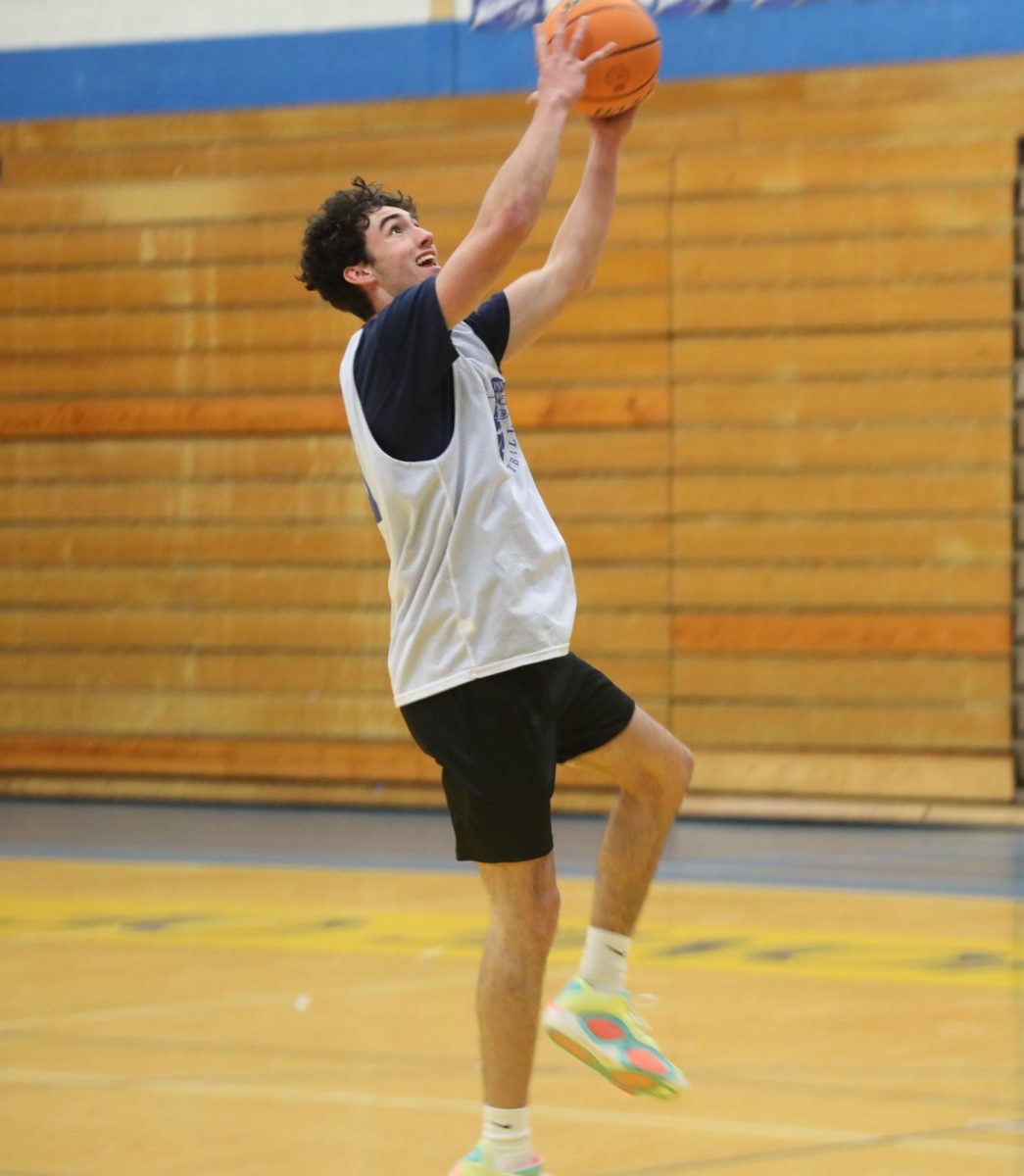

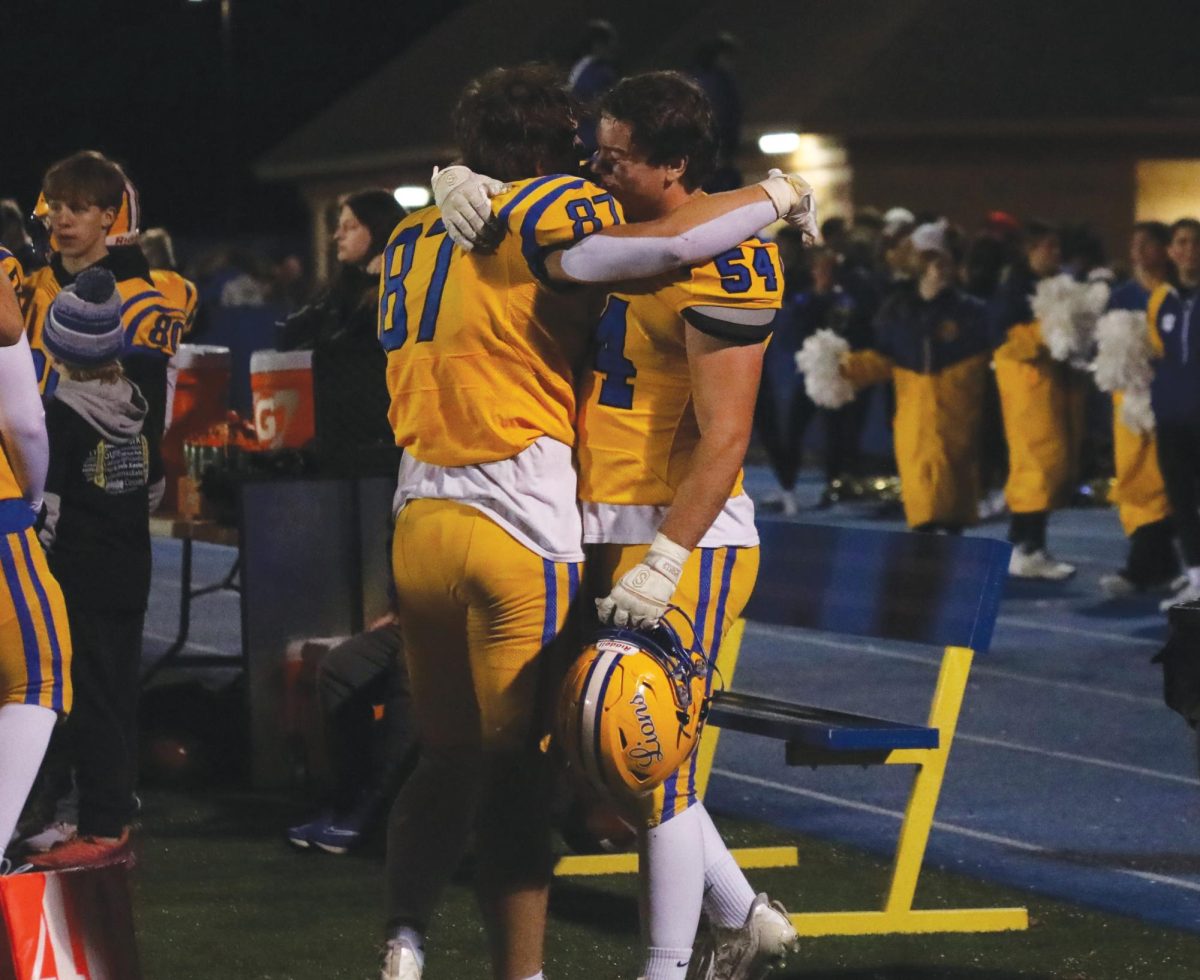









![Movie poster for '[Rec]" (2007).](https://www.lionnewspaper.com/wp-content/uploads/2023/04/rec-640x900.jpg)

